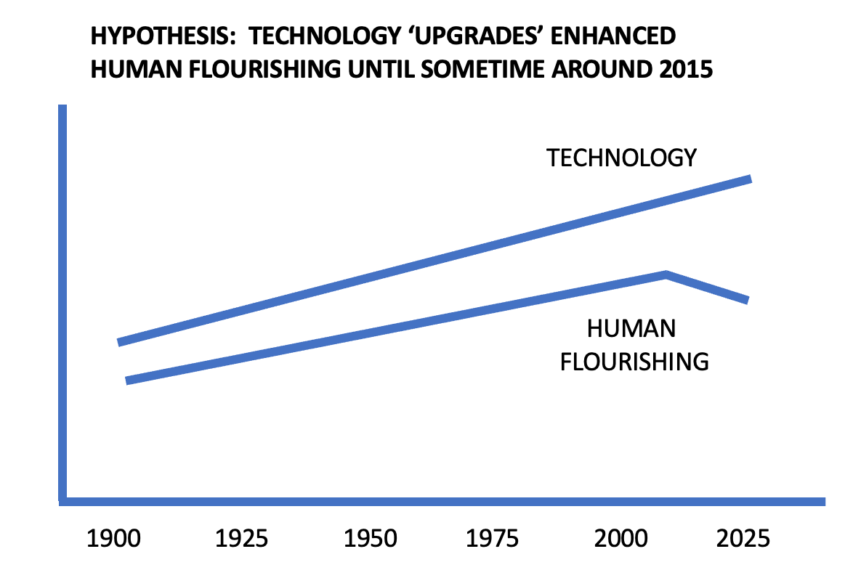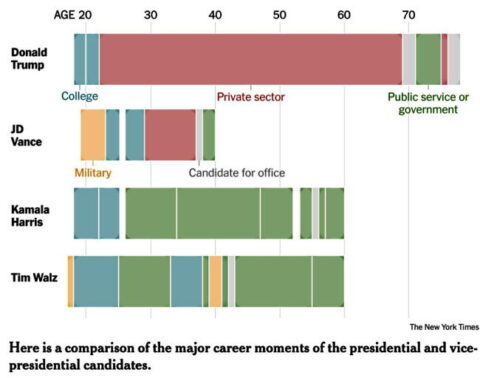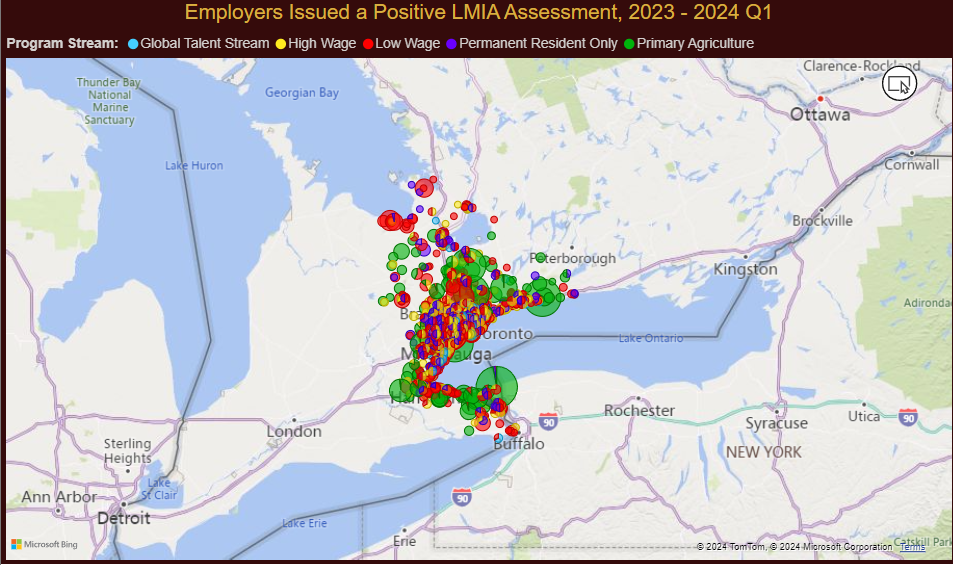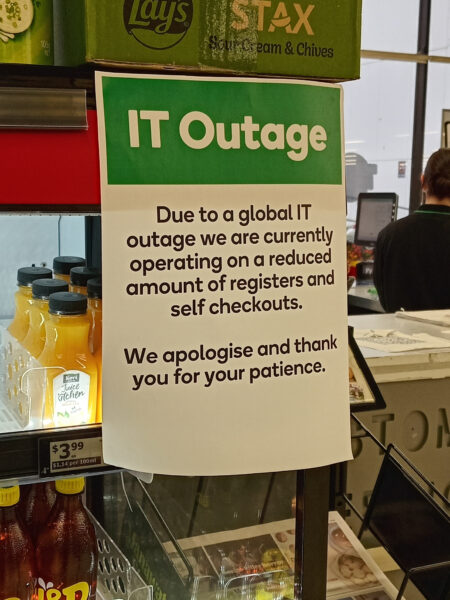For decades, people have tried to bring mass production methods to housing: to build houses the way we build cars. While no one has succeeded, arguably the man that came closest to becoming “the Henry Ford of homebuilding” was William Levitt, with his company Levitt and Sons. Levitt is most famous for building “Levittowns”, developments of thousands of homes built rapidly in the 1940s, ’50s, and ’60s. By optimizing the construction process with improvements like standardized products and reverse assembly line techniques, Levitt and Sons was able to complete dozens of homes a day at what it claimed was a far lower cost than its competitors. William Levitt styled his company as the General Motors of housing, and both he and it became famous. Levitt graced the cover of Time magazine in 1950, and Levittowns became a household name.
For a time, it appeared that Levitt might actually sweep away the old way of building and become the Henry Ford of housing through modern mass production techniques. Levitt boasted that he could build more cheaply than anyone else, and for decades Levitt and Sons was the largest homebuilder in the U.S., and probably the world.1 But Levitt’s success unraveled. By the late 1970s, Levitt and Sons had barely escaped bankruptcy, and it emerged as a small, conventional homebuilder, which it would remain until it went out of business for good in 2018. Levitt himself would leave Levitt and Sons in the early 1970s, lose his fortune after a series of failed development projects in the U.S. and abroad, and die penniless in 1994.
Levitt’s model of large-scale, efficient homebuilding using mass production-style methods worked for a brief window in the 1950s, but by the end of the 1960s a changing housing market and increasingly strict land use controls meant that such methods were no longer feasible. And even at its peak, Levitt likely pushed large-scale building beyond what could be justified on pure economic terms. Levittown was ultimately a response to a temporary set of housing market conditions, not the herald of a new, better way of building.
[…]

First Levitt homes at Levittown.
Image from Construction Physics.
At Levittown, the construction process was broken down into 26 separate steps, each performed by a separate crew. Crews would go to a house, perform their required task (using material that had been pre-delivered), then move on to the next house. Within the crew, work was further specialized: on the washing machine installation crew, William Levitt noted that “one man did nothing but fix bolts into the floor, another followed to attach the machine”, and so on. By breaking down the process into repetitive, well-defined steps, workers didn’t have to spend time figuring out what they should do (what Levitt described as “fumbling and figuring”).
In addition to task and product standardization, Levitt and Sons took advantage of machines and mechanization wherever possible. It had its own cement trucks, and operated its own foundation-digging machinery and cinder block-making machinery. Levitt and Sons was an early user of power tools like paint sprayers, power saws, routers, and nailers. The company also made extensive use of what at the time were relatively novel factory-produced materials, like plywood and drywall.
Like any mass production process, the ultimate enemy of building Levittown was delay: keeping construction on track meant a steady, uninterrupted stream of material that arrived at the jobsite exactly when needed. On a typical construction site, as much as half the time was wasted while workers wandered around looking for needed material. In Levitt’s operation, wasted time was close to zero. To ensure timely material deliveries (and to cut out middlemen), Levitt and Sons had its own distribution company, the North Shore Supply Company, which stretched for half a mile along a railroad stop near the jobsite. To avoid delays, North Shore Supply kept a sufficient supply of material on-hand to build 75 houses, and pre-assembled items like plumbing trees, stairs, and cabinets. North Shore was also where lumber was pre-cut to the correct size. By using standardized designs, planned work sequences, and carefully controlled precutting, Levitt and Sons was able to almost entirely eliminate rework during the construction process.
But assuring an uninterrupted flow of material required far more than just owning a distribution company. William Levitt described some of the extreme measures the company went to avoid delays or slowdowns:
We wouldn’t let ourselves be stopped by shortages. When cement was unavailable in this country we chartered a boat and brought it in from Europe. When lumber was in short supply, we bought a forest in California and built a mill. When nails were hard to come by, we set up a factory in our backyard and made them ourselves.
At its peak Levitt and Sons was completing 36 homes in Levittown a day. And the huge backlog of demand meant that housing was sold quickly. Months before the first Levittown homes were completed, families stood in line for the opportunity to rent one (roughly the first 2,000 Levittown homes were built as rentals). On a single day in 1949, Levitt and Sons sold 1400 homes, some to families who had been waiting in line for days. At $7,990 for a 800 square foot home, Levitt boasted that he could sell his houses for $1,500 less than the competition and still make $1,000 in profit.2
[…]
William Levitt tried harder than anyone else to make housing mass producing happen, and for a brief moment it looked like he might succeed. But Levitt’s dreams were predicated on a particular set of housing market conditions — a huge backlog of demand, relatively few competitors, compliant building jurisdictions and little public opposition — that quickly dissipated. In The Merchant Builders, Ned Eichler notes that as early as the mid-1950s, the Levitt model of a single, enormous project built rapidly with mass production-style methods no longer made sense. Says Eichler, “There simply was no market in which an appropriate site could be bought cheaply enough or in which demand was great enough to sustain such a pace”. Many of Levitt’s innovations — slabs instead of basements, power tools, drywall and plywood — did not require large volume production, and were adopted by other, smaller builders (and have since become standard). The enormous increase in land use controls starting in the late 1960s only further inhibited the sort of large-scale developments that Levitt favored.
1. Levitt and Sons was at least the largest in the U.S. in 1950, and was in 1968 when it was acquired by ITT, and probably for some years after that.
2. The first Levittown demonstration homes were sold for $6,990.


















